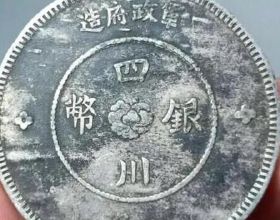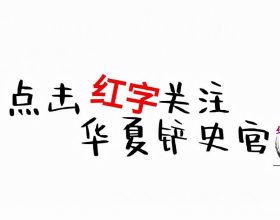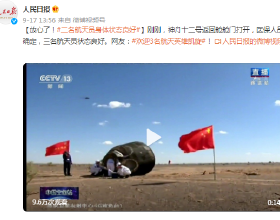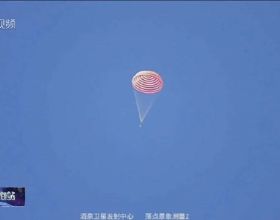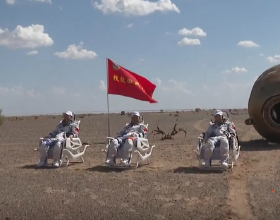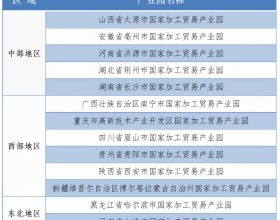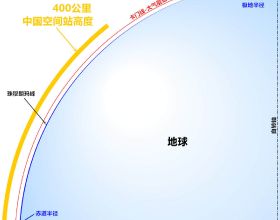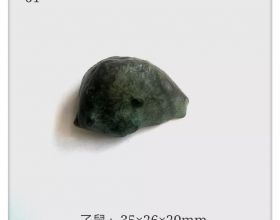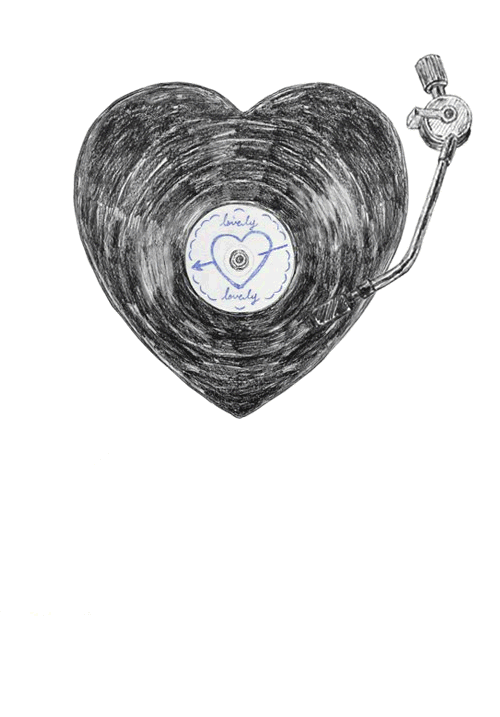
近日,美國眾議院議長佩洛西在接受CNN採訪時使用“那個誰”來稱呼美國前總統特朗普,即使主持人當場提示“唐納德·特朗普?”,佩洛西也未改口。
'Just to remind, when what's-his-name was president and the Republicans were in power...'
“注意了,‘那個誰’當總統以及共和黨執政的時候……”
此事一出,媒體報章普遍在標題裡就定性說這是佩洛西不小心忘記了特朗普的名字。相反,網民們的理解卻不同,有人回覆:
Classy shade.
太陰了(奪筍啊/多損啊)!

不止佩洛西,美國總統拜登早前也不願直呼其名,改稱“之前那個人(the former guy)”。
Biden emphasized his eagerness to move past his predecessor, calling him "the former guy"and lamenting: "I'm tired of talking about Donald Trump."
拜登強調希望前任已經過去了,稱他為“之前那人”,並哀嘆:“我厭倦了談論唐納德·特朗普。”
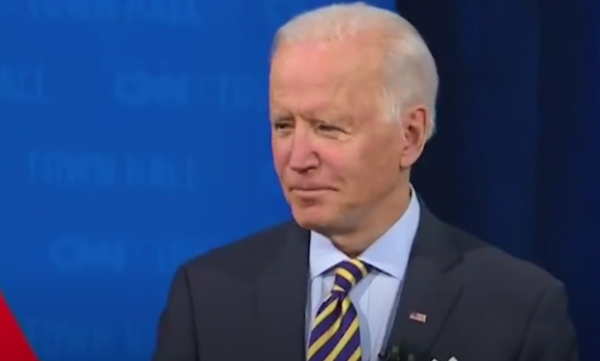
評論區“哈迷”網民更是腦洞大開,想到了伏地魔,引述了《哈利波特》書中的稱呼:
He who must not be named.
不能提名字的那個人。

不論佩洛西是有意為之還是無心之失,選詞代指人名以示避諱一直是詞彙的重要功能之一。
剛剛提到的《哈利波特》中,伏地魔原名Tom Riddle, 後來自命名為Voldemort。作者羅琳曾解釋Voldemort來自於法語“vol-de-mort = flight from death(逃離死亡)”。
J.K. Rowling invented the name Voldemort, and its French origins – "vol" means "flight"; "de" means "of" or "from"; and "mort" means "death" – give it a sinister backstory entirely in keeping with Voldemort's image.
J.K.羅琳創造了伏地魔這個名字。該詞的法國詞源——“vol”的意思是“逃離”、“de”指“of”或“from”;“mort”的意思是“死亡”——給了這個詞一個完全符合伏地魔形象的邪惡故事背景。

巫師們為了避免直呼伏地魔的名字,就給他取了數個代稱。常見的是:You-Know-Who / The Dark Lord (你懂我說的誰 / 黑魔王)。
He Who Must Not Be Named, You-Know-Who, The Dark Lord (apparently even Voldemort's followers were scared to say it). It seems Dumbledore's words to Harry – about fear of a name increasing fear of the thing itself – were true for most of the wizarding world.
不能提名字的那個人,你懂我說的誰,黑魔王(顯然連伏地魔的追隨者都不敢直呼其名)。鄧布利多對哈利說的話——對一個名字的恐懼增加了對這個東西本身的恐懼——似乎對魔法世界的大多數人都適用。
"It all gets so confusing if we keep saying 'You- Know-Who'. I have never seen any reason to be frightened of saying Voldemort's name," he told Professor McGonagall at the beginning of Harry Potter and the Philosopher's Stone. Later he explained to Harry: "Fear of a name increases fear of the thing itself."
“如果我們一直說‘你懂我說的誰’,一切都會變得很混亂。”在《哈利·波特與魔法石》的開頭,鄧布利多對麥格教授說:“我不知道為什麼要害怕說伏地魔的名字”。後來他向哈利解釋說:“對名字的恐懼會增加對事物本身的恐懼。”
人名當然不是唯一要避諱的內容。為了禮貌、揶揄或者其他目的,英語給生活中與失業、死亡以及錢相關的事物都安上了委婉語(Euphemism)。
和中文一樣,“死”這個字通常會被換成別的表達,如“逝世”、“故去”。
died
死了的
↓
passed away
逝去
died
↓
passed over to the other side
去到另一邊
died
↓
departed
離開
died
↓
gone to heaven
去了天堂
died
↓
gone home
回家了
死去了的
↓
late
過世的
deceased
↓
dearly departed
離開了的親愛的[人]
deceased
↓
resting in peace
安詳休息了
deceased
↓
no longer with us
不再在我們身邊
euthanizing a pet
給寵物安樂死
↓
put to sleep
使安睡
died (for a pet)
死亡(指寵物)
↓
gone over the rainbow bridge
越過了彩虹橋
同理,中文網路世界會把裁員說成最佳化,英文也差不多:
fired
被炒了
↓
downsized
精簡了
jobless
沒工作
↓
embarking on a journey of self-discovery
開啟了自我發現的旅程
I got fired
我被炒了
↓
my position was eliminated
我的職位被取消了
unemployed
失業了
↓
between jobs
在兩份工作間
losing one's job
丟了工作
↓
taking an early retirement
早早退休
firing an employee
炒掉某人
↓
letting someone go
讓某人走
找不到工作
↓
considering options
考慮多種選項
quitting or being fired
辭職或者被炒了
↓
pursuing other opportunities
追求其他機會
quit, walked off the job or got fired
辭職、憤然離職或者被炒了
↓
left the company
離開了公司
in a job that is beyond one's capabilities
工作超出某人能力
↓
over-employed
過度就業
in a job that is below a person's career level
工作低於某人事業職級
↓
under-employed
不充分就業
being given no alternative other than to quit or get fired
沒有選擇以至於不得不辭職或被炒
↓
chose to resign
選擇辭職
中文裡的“經濟實惠、省錢節約”都比“便宜/賤賣”要好聽,最近各種商家活動可不會在廣告語裡用後者。
便宜
↓
economical
經濟的
in debt
欠債
↓
negative cash flow
負現金流
spoiled
被溺愛寵壞了
↓
financially fortunate
財務幸運的
chronic overspending
習慣性超支
↓
likes to shop
喜歡購物
poor or impoverished
貧窮
↓
economically disadvantaged
經濟上弱勢的
當然也少不了廁所裡的事兒,面對不熟的人,“我要去衛生間/廁所”比“我要去尿尿”更常用。
尿尿/小便
↓
to go number one / to relieve oneself
上小號 / 釋放自我
你還用過哪些中文/英文委婉語?留言分享給雙語君吧。
這裡是中國日報雙語新聞夜聽雙語,我是雙語君。
晚安,好夢。
sinister [ˈsɪnɪstər]
adj 邪惡的;不詳的
euthanize [ˈjuːθənaɪz]
v 使(人或動物)安樂死
impoverished [ɪmˈpɒvərɪʃt]
adj 赤貧的
編輯:左卓 焦潔
實習生:向靜雅
來源:Independent, Washington Post, Wizarding World, blog.pangeanic, Yourdictionary
China Daily精讀計劃來了!
每天20分鐘,
帶你學英語,看世界!








